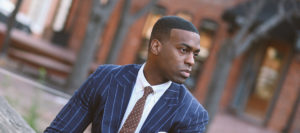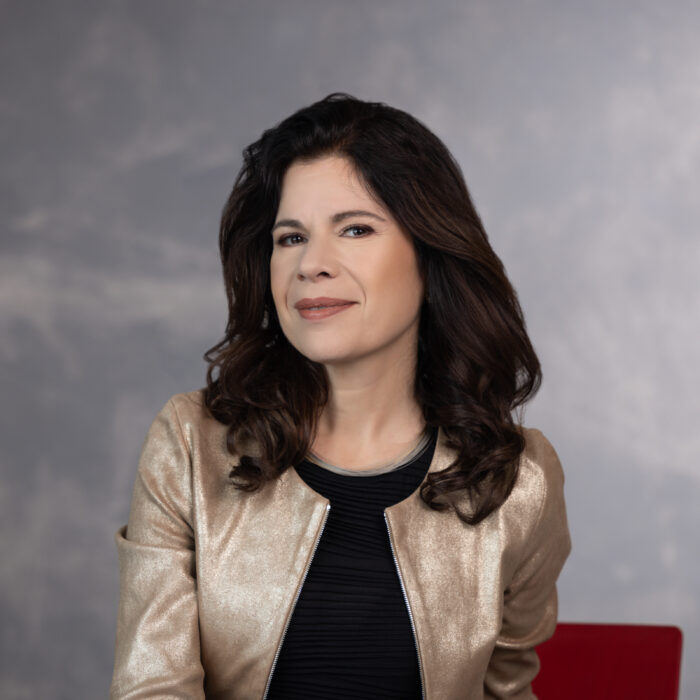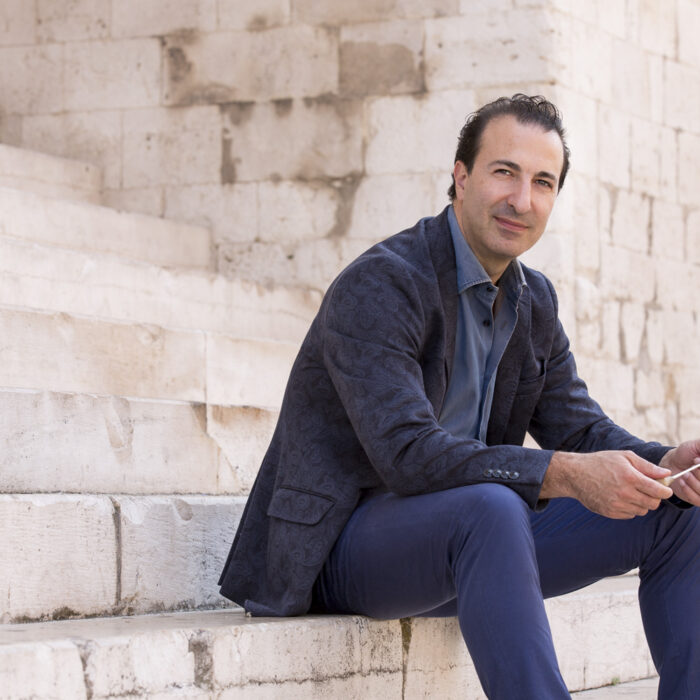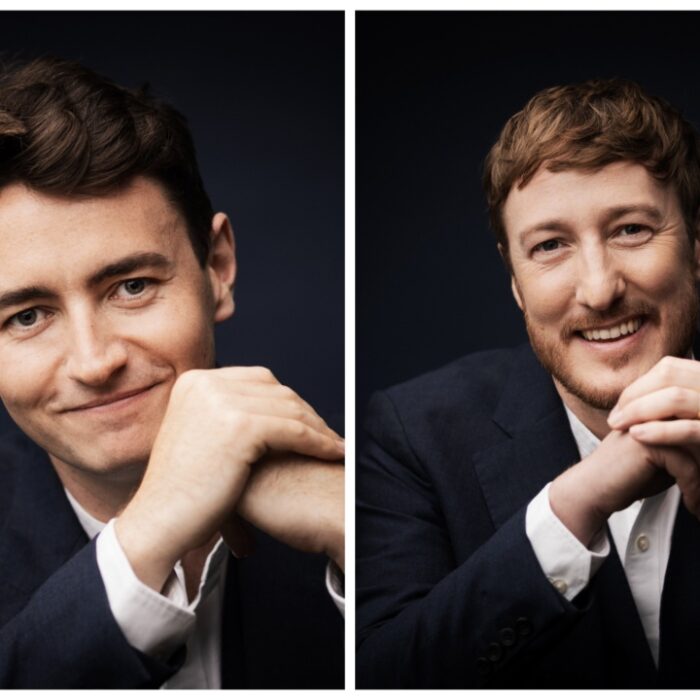
Q & A: Soloman Howard On Singing The Ring Cycle & the Lyric Opera of Chicago
By Francisco Salazar(Credit: Jon Adjahoe)
***Editorial Note – This interview was conducted as part of series of interviews dedicated to previewing the Lyric Opera of Chicago’s Ring Cycle. Unfortunately, that performance was canceled, but out of respect to the time put into this project by the artists and organizations, we will endeavor to publish the over coming days and weeks.(Given the context, interview will be published as Q & As in their original states).***
A rising star and a recent graduate of Washington National Opera’s Domingo-Cafritz Young Artist Program, Soloman Howard is one of today’s most exciting and diverse performers in opera.
He has performed at the Metropolitan Opera, San Francisco Opera, Teatro Real, Teatro Municipal de Santiago, Washington National Opera, North Carolina Opera, Santa Fe Opera, Opéra de Montréal, and Lyric Opera of Chicago, among others. His repertoire also includes a variety from Handel, Verdi to Wagner, Puccini and Philip Glass.
In a conversation with OperaWire, Howard spoke about the challenges of working on Wagner’s music
OperaWire: This is your first experience with this production. What excites you about doing this Ring Cycle?
Soloman Howard: I’ve heard so many great things about this production of the Ring from Chicago from Christine Goerke and I saw pictures of the production. I ran into Christine Goerke and she asked me if I had seen the production and I said no. So she pulled up pictures from when she was in it and she showed me everything. It’s exciting and I’m looking forward to coming back to Chicago.
To be singing a role that I love to sing is also great and I feel like I am living the dream and enjoying everything that is being presented to me. This production is something I am looking forward to and to be able to do another cycle is also going to be great.
OW: The Ring Cycle is like a marathon for every singer because of the expansiveness of each work. Tell me about your preparation and learning Wagner’s music?
SH: This is my second production of the Ring Cycle. When I prepare for this, I try to sing with integrity and try to give the same to each show. Of course with certain roles, they don’t require as much time on the stage but we put the same amount of time into it. But it’s always about getting the same amount of hours for practicing the role no matter what it is. The longer the role, I put in the same time but I don’t sing as much.
There is so much music but I am excited for this one because the director and the spectacle that they have created help a lot. This music and the production are so amazing and they pull you in so much. I remember I had a relative who went to see “Das Rheingold” and that was his first opera and he told me “I don’t care how long the rest of them are, I have to see the entire cycle.” Once you are in, you are intrigued and you want to see how the story unfolds.
OW: You portray Fafner in this Ring Cycle. He appears only in one scene in “Siegfried” but he is in a number of scenes in “Das Rheingold.” What are the differences in Wagner’s music between these two works? How similar is the writing for the character?
SH: “Das Rheingold” is dialogue that is back and forth and in many cases what we consider recitative. “Siegfried” is more melodic and you get to really here the beauty of the voice and the legato line. They are stylistically different even though they are the same character.
And he appears as a dragon in “Siegfried” and you would think he is more ferocious but the singing has to be more beautiful than the spoken sound as the giant.
OW: Since the character is different in both operas, do you do anything vocally to differentiate those two facets of his character?
SH: Wagner pretty much already sets you up for the differences in the style that he wrote the music. The conversational elements, the accents and the punctuation in the score really sets up the differences. If you follow the detailed score and you add your artistry to it, you have the character. You need to rely on what the composer asks for and try to do that to the best of your ability.
OW: What excites you about working with Sir Andrew Davis for the first time?
SH: I have never had the pleasure of working with him before and I’m extremely excited to work with such a giant in our industry and in music. I am going to cherish it and I am glad that I had a shot at this before so when I come in, I can really enjoy the opportunity to work with the maestro.
Sometimes you work with someone on a piece that is new to you and there are certain things that get in the way and thankfully I have done this before. And it’s going to be interesting to see what he brings to the piece. I have only seen and heard great things and this will be the first Sir that I work with.
OW: Fafner is seen as a villain in this work. How do you view him and his actions throughout this work?
SH: Growing up in Church it reminds me of the first murder which was a brother to another brother. Cain murders Abel. That part is already familiar. He starts off as the one who is not as outspoken or verbal as Fasolt. Fasolt is the one with the demands upfront and then Fafner succumbs to greed and the power of it.
When you are never happy and nothing is every good enough, you are capable of doing things that you may have not done before. But then there is always the question of whether this was always his MO. Was Fafner always capable of this? It is interesting to play it that way as well.
OW: This season you made your Lyric Opera of Chicago debut in “Luisa Miller.” Tell me about your experience with the company thus far and what you love about it?
SH: From day one until the end of the run, I felt as if I were part of the family. Coming here and seeing faces with whom I worked with in other houses and then noticing that the company as whole wants you to succeed and is interested in you as an artist especially coming in for the first time, is very special. It made me say yes instantly to things that they were offering for the future. I am grateful for the opportunity to come back and everything that I will do here in the future.
I also got to work with Enrique Mazzola and he was a joy to work with. He was so giving and joyful and he wanted to do the absolute best to connect with the artists so we could feel we were creating together. I look forward to working with him again.


